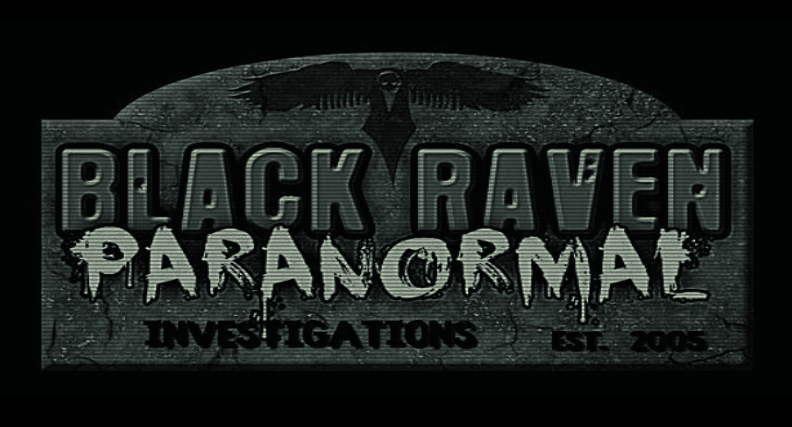|
The first rule to remember with research is that if we give a client the history of their home or business all information must be cited. This is no different than a published item. If we give them information about their property anyone should be able to go behind us and find this same information.
| | Giving true information keeps our integrity as a group.
| | As always be respectful of the rules of any facility you use for research.
| | If you do research on your own, that is great, but before we hand anything over to a client, it must be looked over and approved the director. Required will be a list of the sources used to find the information.
| Core members -- unless you ae a medium and used for that purpose, basic research and knowledge of each location investigated is mandatory.
Suggestions for conducting Research
Deed Records
Deed records at a local municipal courthouse will tell who owned a property from its inception. They also tell you the exact
day, month and year that the property was bought and sold. One word of advice, there is law enforcement at the door with
metal detectors. They will keep your cell phone until you are finished. To avoid all this, just take a notebook and pen with you.
Although these records are helpful with tracking owners, if a home is used as a rental home it does not tell you who lived there
at any certain time, or for how long so keep that in mind as well.
The deeds are helpful in obtaining names that may be used for EVP questioning.
While in the deed room, you may also research wills. This will help to learn family names of the home's previous owners.
Library
The library has a lot of information on the local history of an area. Most local libraries have a geneology room with books
written about local buildings and families. They also house old census records and in the city library there are books
with essays about local history from the Augusta County Historical Society. However, they are not indexed so you
literally have to scan through entire books to hopefully find what you are looking for.
There also may be files with newspaper clippings following the history of a certain building or area, these may be helpful as
well, but most articles are recent.
Newspaper
Old copies of the local paper are extremely helpful. Depending on your area, the newspaper may have copies on microfilm
on site, in Staunton, the city library has them dating back to the late 1800's.
If you get motion sickness easily, take some Dramamine(seriously) the movement of the microfilm can make you queasy
after some time.
Make yourself aware of time limits posted for the machine if you have other people waiting and abide by them.
The newspaper is also a good source for obituaries. Although they don't always tell if a person died in a home,
it does offers dates and names.
Internet
The internet is a great source for information if you know how to look for it. Make sure you are very specific in what you
are searching for. This is a great place to begin the search for history.
Cemeteries
Depending on their record keeping some cemeteries list the cause of death for many of the people interred on the grounds.
Personal Stories
People love to tell stories about their families that have been past down from generations. These are helpful, but we can not
rely on them totally. Stories through time have usually been embellished. That is why there must be written evidence
to go along with the story.
Example -- If an original house burned down in 1910 and all family members died, there should be a newspaper article
and obituaries to go along with it. That would have been big news for the time, especially if it was a notable
family in the community.
|
Copyright 2024 © Black Raven Paranormal & Marty Seibel
|

